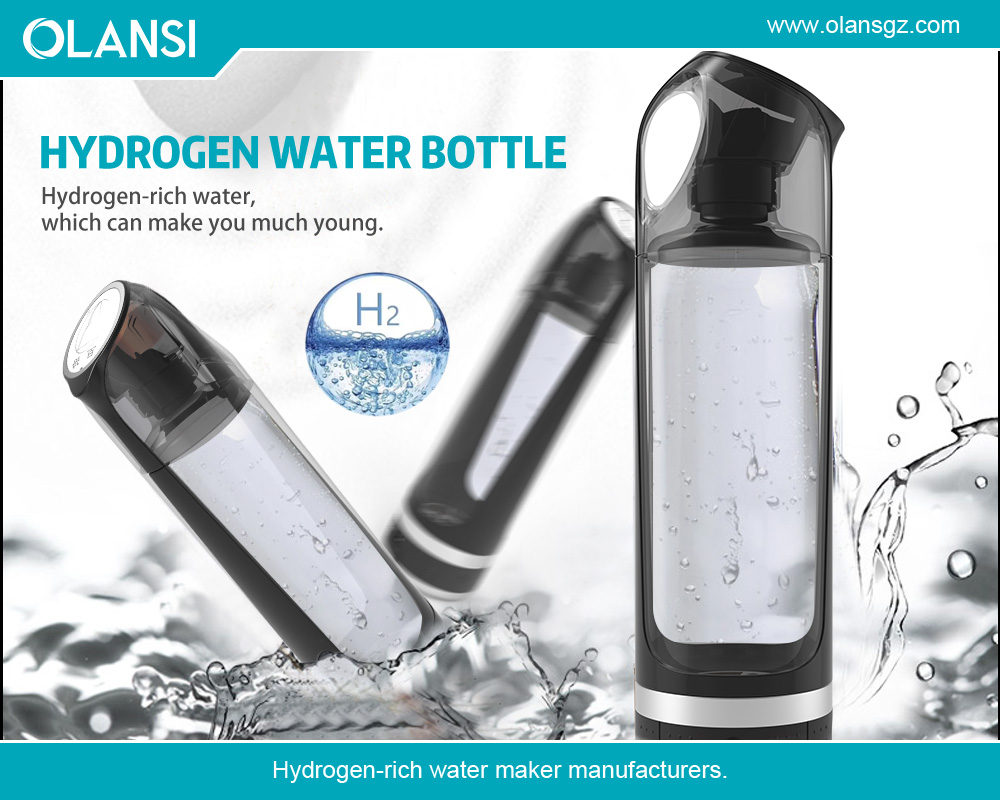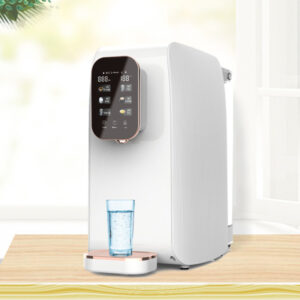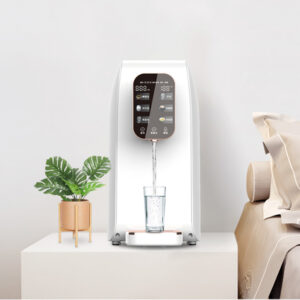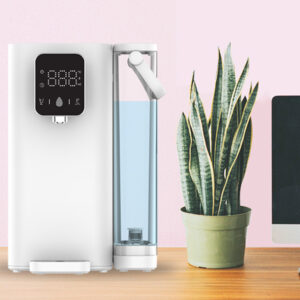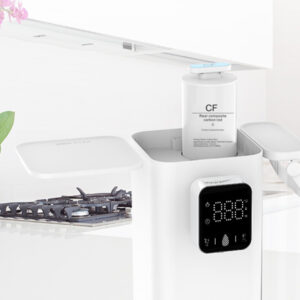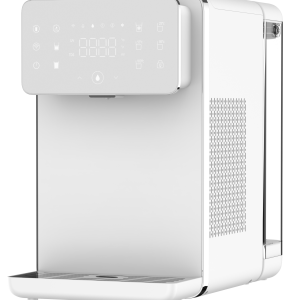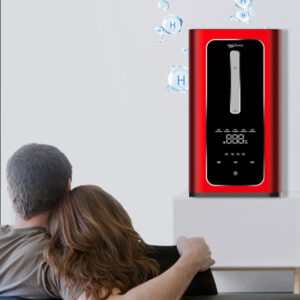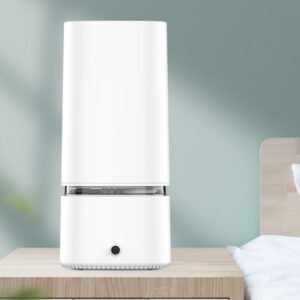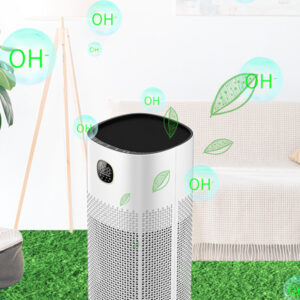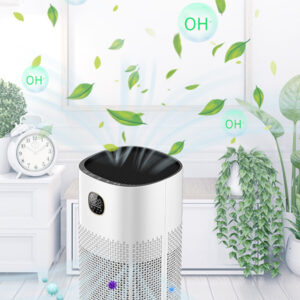What Is Hydrogen Water Bottle Negative Side Effects
What Is Hydrogen Water Bottle Negative Side Effects
Hydrogen water bottles have surged in popularity in recent years, marketed as a cutting-edge health trend promising benefits like improved energy, reduced inflammation, and even anti-aging effects. However, as with any health product, it’s critical to look beyond the hype and examine potential downsides. While hydrogen water is generally considered safe, there are possible negative side effects that consumers should be aware of. This article explores what hydrogen water bottles are, how they work, and the potential health risks associated with their use. From theoretical physiological concerns to practical issues related to product quality, we’ll delve into the negative side effects and provide guidance on how to use these devices responsibly.
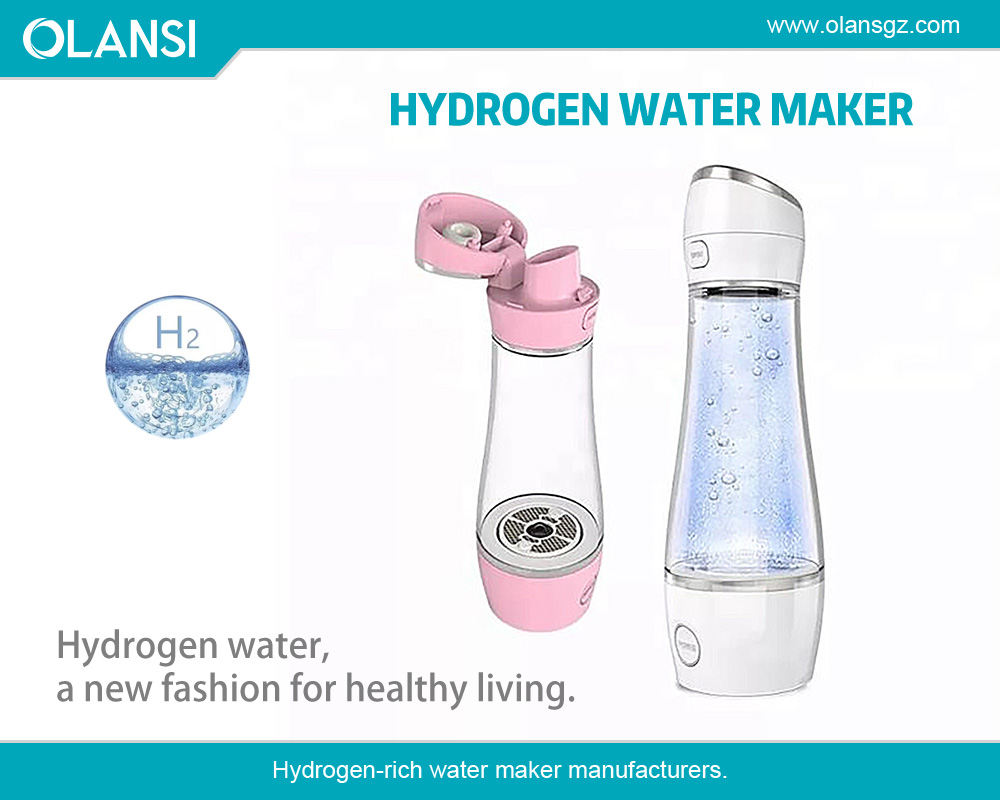
Understanding Hydrogen Water Bottles
What Are Hydrogen Water Bottles?
Hydrogen water bottles are portable devices designed to infuse regular water with molecular hydrogen gas (H₂). Unlike ordinary water (H₂O), which contains hydrogen bound to oxygen, hydrogen water has additional dissolved hydrogen gas, increasing its hydrogen content. The idea is that this extra hydrogen can be absorbed by the body, offering health benefits. These bottles typically range in size from 300 milliliters to 1 liter and are equipped with technology to generate hydrogen on demand, making them convenient for daily use.
How Do They Work?
Most hydrogen water bottles rely on a process called electrolysis to produce hydrogen gas. Inside the bottle, two electrodes—a cathode and an anode—are submerged in water. When an electric current is applied (usually powered by a rechargeable battery), water molecules are split into hydrogen and oxygen gases. The reaction can be summarized as:
At the cathode (negative electrode): 2H₂O + 2e⁻ → H₂ + 2OH⁻ (hydrogen gas is produced)
At the anode (positive electrode): 2H₂O → O₂ + 4H⁺ + 4e⁻ (oxygen gas is produced)
The hydrogen gas dissolves into the water, while the oxygen is often vented out through a small valve or separated by a membrane to prevent mixing. The result is hydrogen-rich water with a concentration typically ranging from 0.5 to 1.6 parts per million (ppm), depending on the device and duration of electrolysis.
Why Do People Use Them?
Proponents claim that hydrogen water acts as a selective antioxidant, neutralizing harmful free radicals like hydroxyl radicals (•OH) without disrupting beneficial reactive oxygen species (ROS) needed for cellular signaling. Some studies suggest potential benefits, such as reduced oxidative stress in conditions like diabetes or improved recovery in athletes. However, the scientific community remains divided, with many calling for more robust human studies to validate these claims. Despite the uncertainty, the promise of health benefits has driven consumer interest, leading to widespread use of hydrogen water bottles.
Potential Negative Side Effects
While hydrogen water is generally regarded as safe—hydrogen is a naturally occurring, inert gas—there are potential negative side effects associated with its consumption, particularly when using hydrogen water bottles. These risks can stem from the hydrogen itself, the device’s operation, or user behavior. Below, we explore the key concerns in detail.
Disruption of Redox Balance
The Role of Redox Balance
The human body relies on a delicate balance between oxidants and antioxidants, known as redox homeostasis, to maintain normal cellular function. Oxidants, including reactive oxygen species, are produced during metabolism and play essential roles, such as signaling pathways and immune defense. For example, neutrophils use oxidative bursts to kill pathogens by releasing ROS. Antioxidants, like vitamins C and E, counteract excessive oxidation to prevent cellular damage.
Could Hydrogen Water Interfere?
Molecular hydrogen is celebrated for its antioxidant properties, selectively reducing harmful free radicals. However, a theoretical concern arises: could excessive hydrogen tip the redox balance too far toward reduction, suppressing necessary oxidative processes? If hydrogen neutralizes too many ROS, it might impair immune responses or other functions reliant on controlled oxidation.
Assessing the Risk
This risk remains largely speculative. The hydrogen concentration in water from these bottles is low—typically below 1.6 ppm—and hydrogen is rapidly exhaled from the lungs after ingestion, limiting its accumulation. Studies on hydrogen therapy (e.g., inhalation or injection) use much higher doses without reporting redox imbalance, suggesting that the amounts in hydrogen water are unlikely to cause significant disruption. Nonetheless, without long-term human studies on daily consumption, this remains a potential, albeit minor, concern.
Contaminants from Electrolysis
How Contaminants Can Form
Electrolysis is effective at producing hydrogen, but it can also generate unwanted byproducts under certain conditions. If the water used contains impurities—like chloride ions from tap water—or if the device malfunctions, harmful substances could be produced. For instance:
Chlorine Gas (Cl₂): If chloride ions (Cl⁻) are present, electrolysis can yield chlorine gas, which is toxic if ingested or inhaled.
Ozone (O₃): High voltages or poor electrode design might generate ozone, a potent oxidant that can irritate the respiratory and digestive systems.
Real-World Implications
High-quality hydrogen water bottles are designed to minimize these risks. Many use distilled or purified water and incorporate proton exchange membranes (PEMs) to separate hydrogen and oxygen production, preventing the formation of harmful gases. However, cheaper or poorly maintained devices might lack these safeguards. For example, a malfunctioning electrode or inadequate venting could allow trace contaminants to dissolve into the water, posing a health risk over time.
Evidence and Precautions
There are no widespread reports of poisoning from hydrogen water bottles, likely due to the low likelihood of significant byproduct formation in well-made products. Still, users should avoid using tap water (unless specified as safe by the manufacturer) and regularly inspect their device for wear or damage to ensure safe operation.
Leaching of Materials
Material Concerns
Hydrogen water bottles often contain electronic components, such as electrodes, and are made from materials like plastic, stainless steel, or glass. If these materials are of low quality, they could leach substances into the water, especially under the conditions of electrolysis, which involves electric currents and chemical reactions.
Plastic Bottles: Some plastics contain bisphenol A (BPA) or phthalates, chemicals linked to hormonal disruption. Repeated use, heat, or UV exposure can increase leaching.
Metal Electrodes: Electrodes are typically made from inert metals like platinum or titanium to prevent corrosion. However, cheaper models might use less stable metals, risking the release of ions like nickel or chromium, which can be toxic in high amounts.
Unique Risks with Hydrogen Bottles
Unlike regular water bottles, hydrogen devices actively generate hydrogen, which might interact with the bottle’s materials. For instance, hydrogen’s small size allows it to penetrate materials more easily, potentially accelerating degradation or leaching. While this effect is minimal with food-grade materials, it underscores the importance of quality construction.
Mitigating the Risk
Consumers can reduce this risk by choosing bottles certified as BPA-free and made from high-quality, inert materials (e.g., borosilicate glass or medical-grade stainless steel). Checking for manufacturer certifications and avoiding suspiciously inexpensive products can further ensure safety.
Overconsumption and Misuse
Behavioral Risks
While not a direct physiological side effect, overreliance on hydrogen water can lead to unintended consequences. Some users, convinced of its “superfood” status, might drink excessive amounts—several liters daily—potentially neglecting plain water or a balanced diet. This could disrupt hydration habits or nutrient intake, though it’s not unique to hydrogen water.
Digestive Discomfort
Anecdotal reports suggest that some individuals experience mild bloating or diarrhea when first drinking hydrogen water, possibly due to the sudden introduction of dissolved gas. This is typically temporary and resolves as the body adjusts, similar to reactions from carbonated water.
Broader Health Implications
More concerning is the mindset that hydrogen water alone can address all health needs, leading to the neglect of exercise, sleep, or medical care. While hydrogen water might complement a healthy lifestyle, it’s not a substitute for foundational wellness practices.
Reported Cases and Expert Opinions
What Does the Evidence Say?
To date, there are no widely documented cases of severe adverse effects from hydrogen water bottles. Most user experiences are positive or neutral, with rare complaints of mild digestive issues. Scientific studies on hydrogen water (e.g., a 2017 rat study in Medical Gas Research) focus on benefits, not harms, and human trials report no significant side effects at typical concentrations. However, these studies are short-term and small-scale, leaving long-term safety questions unanswered.
Expert Perspectives
Experts emphasize caution and curiosity. Dr. Shigeo Ohta, a pioneer in hydrogen research, notes that hydrogen is “likely safe” due to its natural presence in the body (e.g., produced by gut bacteria), but he advocates for more research. Nutritionists also warn against overhyping hydrogen water, suggesting that its benefits—and risks—may be overstated without robust evidence.
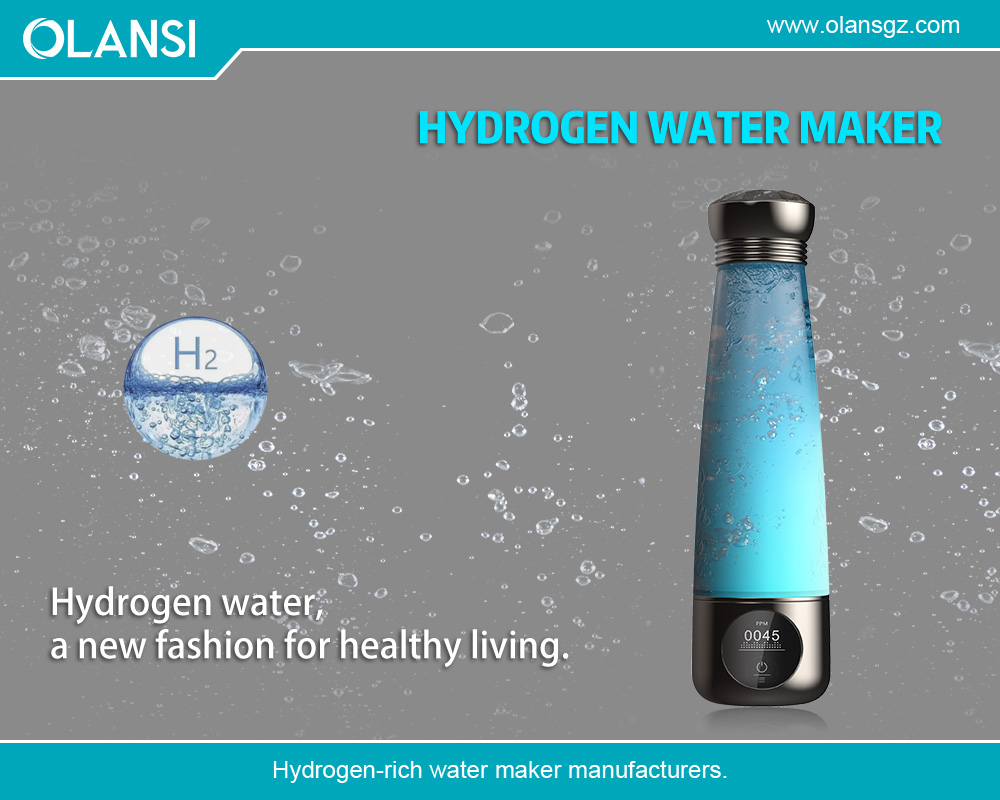
Conclusion
Hydrogen water bottles offer an intriguing health concept, but they are not without potential negative side effects. These include the theoretical risk of disrupting redox balance, the possibility of contaminants from electrolysis, leaching of materials from the bottle, and issues tied to overconsumption or misuse. While these risks are generally minor and often tied to product quality rather than hydrogen itself, they highlight the importance of informed use.
To minimize potential downsides, consumers should:
Choose High-Quality Products: Opt for bottles from reputable manufacturers with safety certifications and inert materials.
Follow Instructions: Use purified water and maintain the device as recommended to avoid contaminants.
Balance Usage: Incorporate hydrogen water as part of a broader health strategy, not a cure-all.
For most people, hydrogen water bottles are safe when used correctly, but they’re not a magic bullet. Consulting a healthcare professional, especially for those with medical conditions, can provide personalized guidance. As research evolves, we’ll gain a clearer picture of hydrogen water’s true risks and rewards. Until then, a cautious, educated approach is the best way to navigate this trendy hydration option.
For more about what is hydrogen water bottle negative side effects, you can pay a visit to Olansi at https://www.olansgz.com/product-category/hydrogen-water-maker/ for more info.


